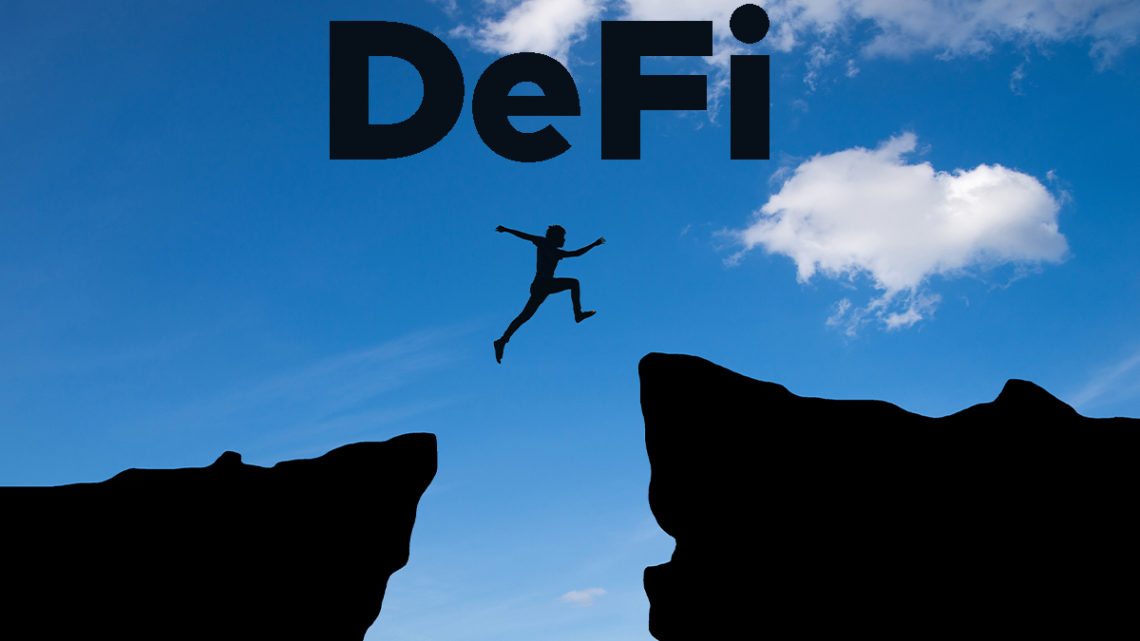- Cryptocurrency transactions have increased over the last year and have surpassed all expectations with Bitcoin touching an all-time high of $62K in April
- Distributed ledger technology have posed a serious threat to banks and financial institutions likewise as their core strength is at risk
- Smart contracts are at the core of blockchain network that allow both parties to agree on terms and conditions without any difficulties
Decentralised Finance (DeFI), DApps, blockchain network, cryptocurrencies and smart contracts have now become synonymous among digital currency investors. DeFI involves the process of completing tasks assigned with the help of high computational power. Its use of avant-garde technology has given the centralised finance ecosystem a scare to its existence. The absence of a central authority over the supply of digital currency has led many investors to take a different path.
DeFi’s disruptive use of technology
Superior control over digital assets and the absence of transaction fees have given traditional banks a run for their money. Blockchain network is able to carry out transactions without any external help. It uses decentralised applications or DApps for smooth processing of transactions. Benefits of such a technology include transparency, safety and security of funds associated between two parties to a smart contract.
People can access their contracts from anywhere around the world and modify the specifications as per their requirements. The system is secured as each party receives a public ledger in the form of an encrypted code to verify the same. The advanced blockchain technology and a modest user interface are playing a crucial role in DeFi’s growth.
DApps have reshaped how smart contracts function
The system allows investors to view the total value locked in smart contracts and is thus highly scalable for all parties. Smart contracts consist of a large set of validators that are entasked with the process of validating the transaction in the contract. These contracts are helpful in storing cryptocurrency assets with flexibility and ease of access for all.
The highly composable infrastructure of smart contracts comprises layers such as application layer, aggregation layer, asset layer, protocol layer, and settlement layer. Errors are minimised as calculations are carried out with utmost accuracy.
Although DeFi suffers from demerits such as the absence of third-party transactions, transaction fees and freedom to innovate, it has laid the foundation layer of a strong financial ecosystem in the future. The technology provides a hassle-free network with instantaneous payments and an open-source community spread across the globe.

With a background in journalism, Ritika Sharma has worked with many reputed media firms focusing on general news such as politics and crime. She joined The Coin Republic as a reporter for crypto, and found a great passion for cryptocurrency, Web3, NFTs and other digital assets. She spends a lot of time researching and delving deeper into these concepts around the clock, and is a strong advocate for women in STEM.


 Home
Home News
News






